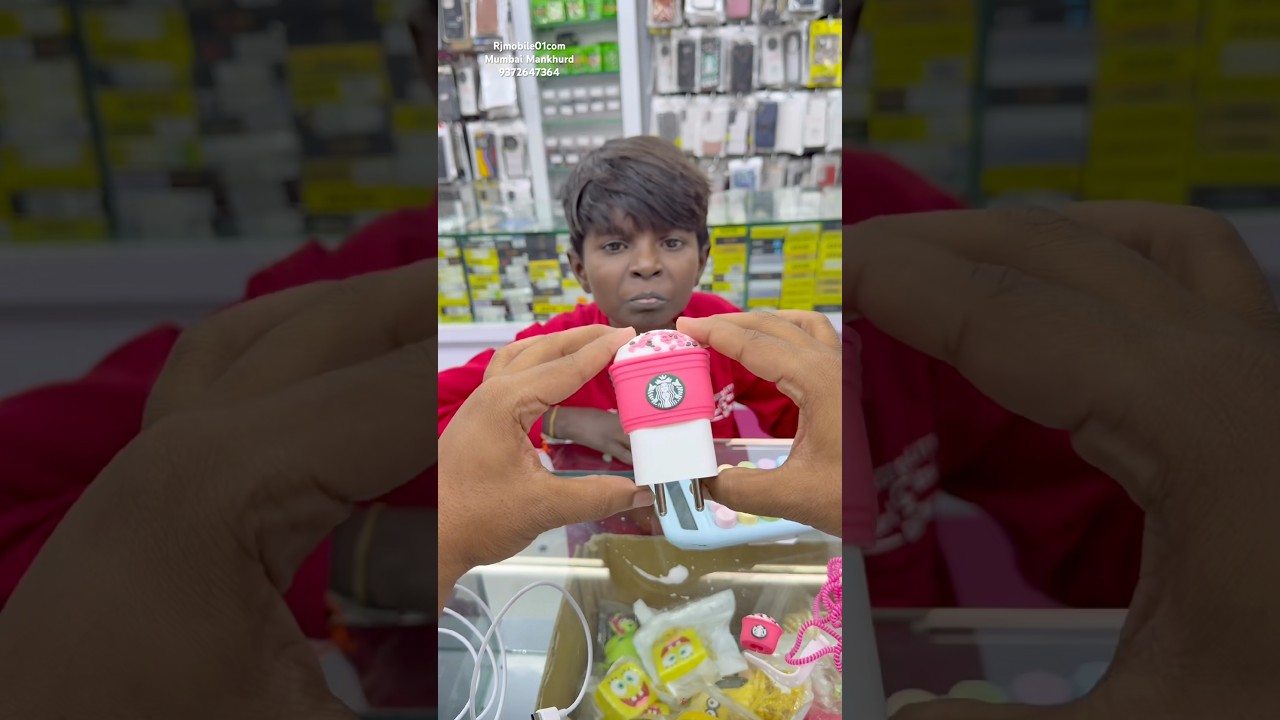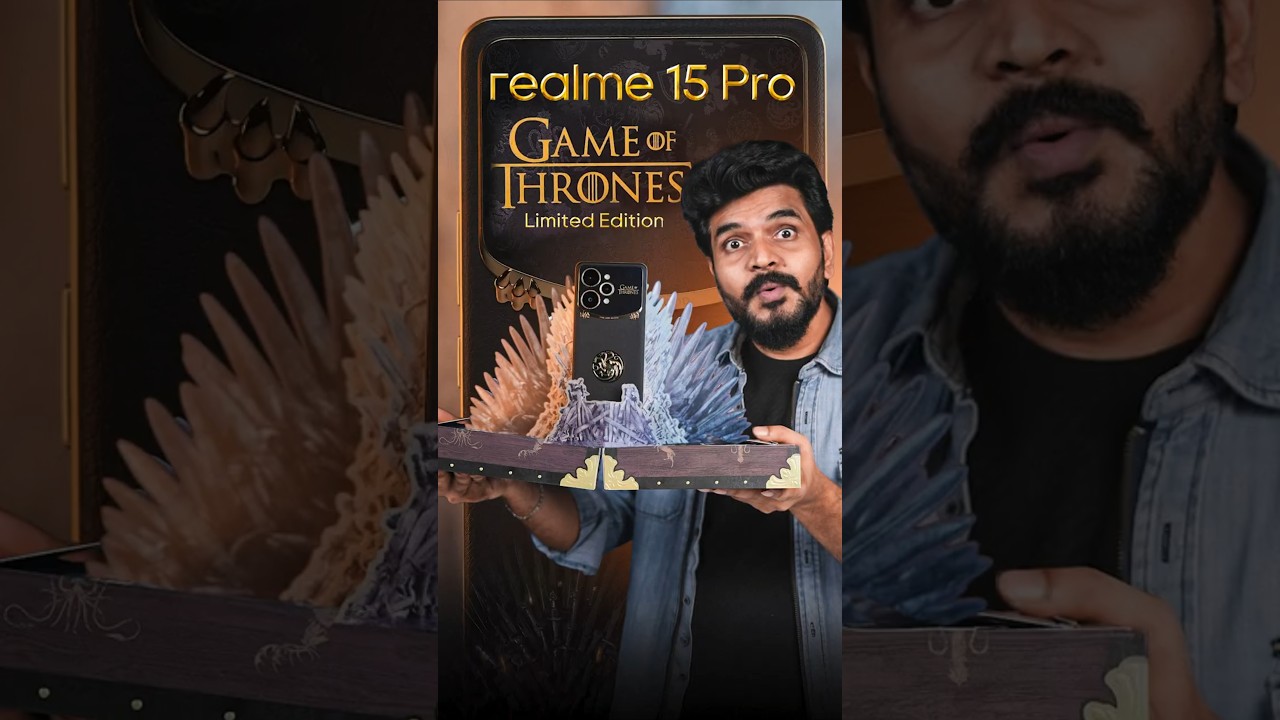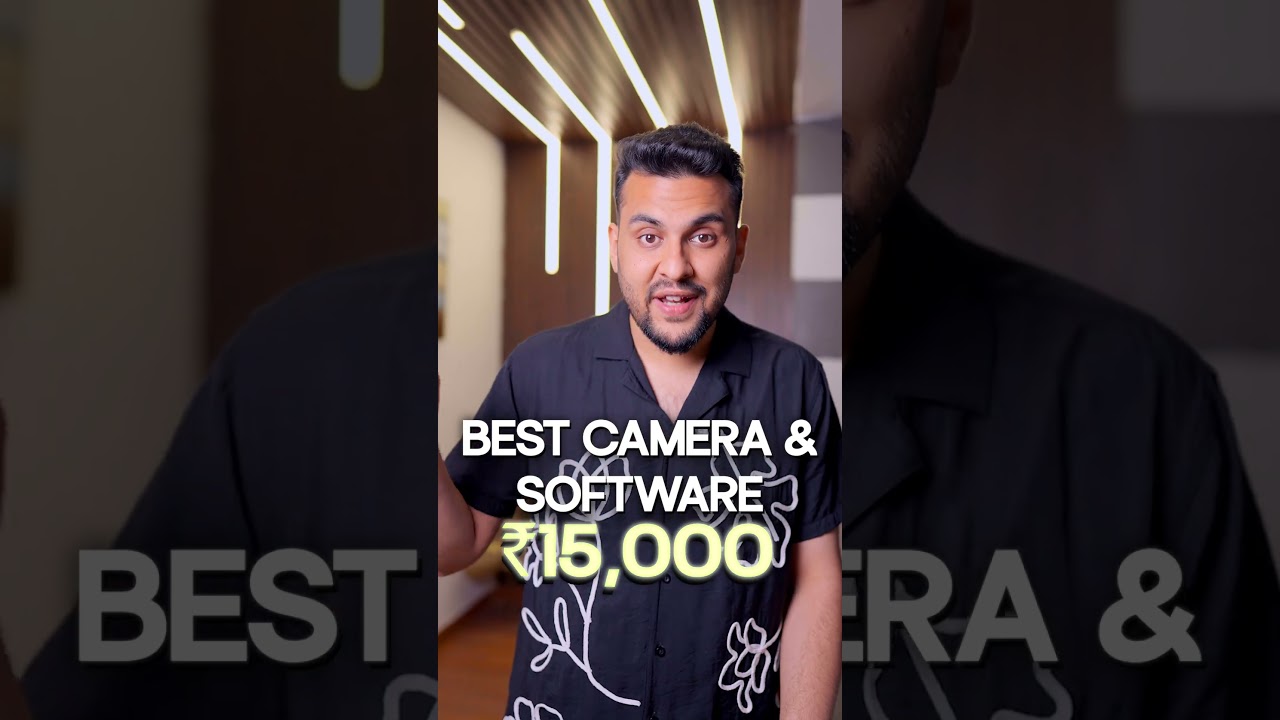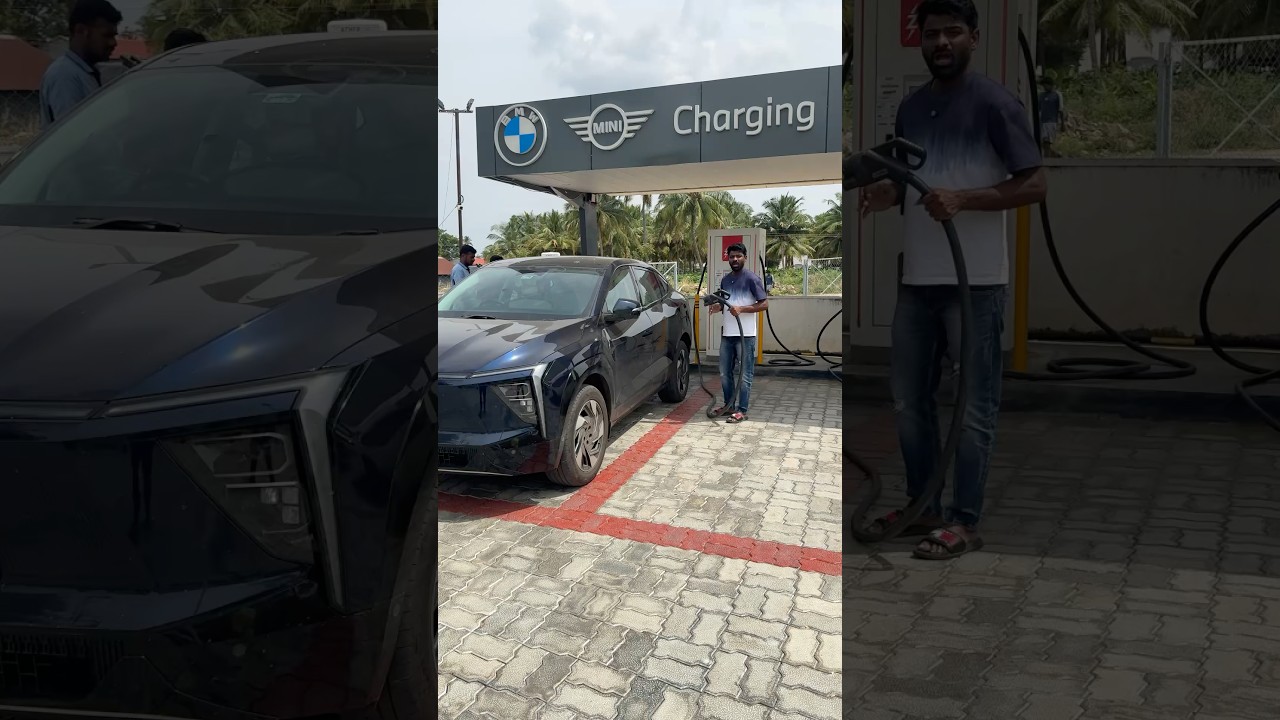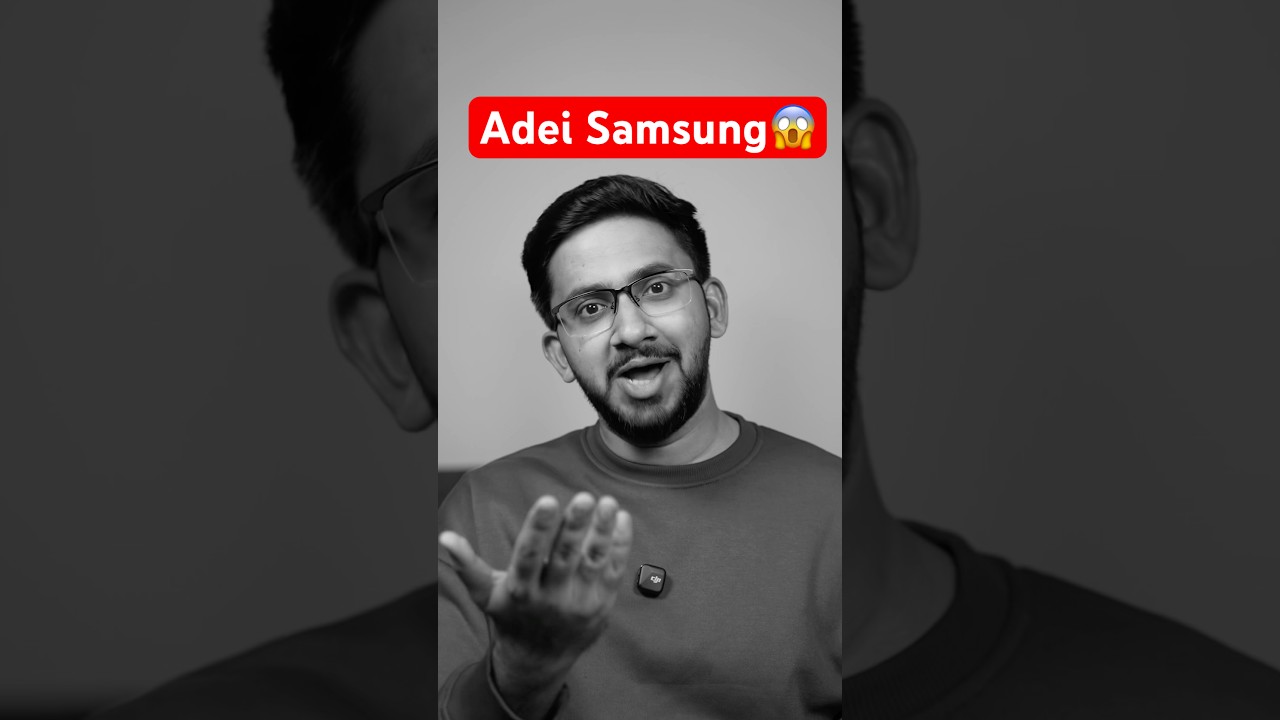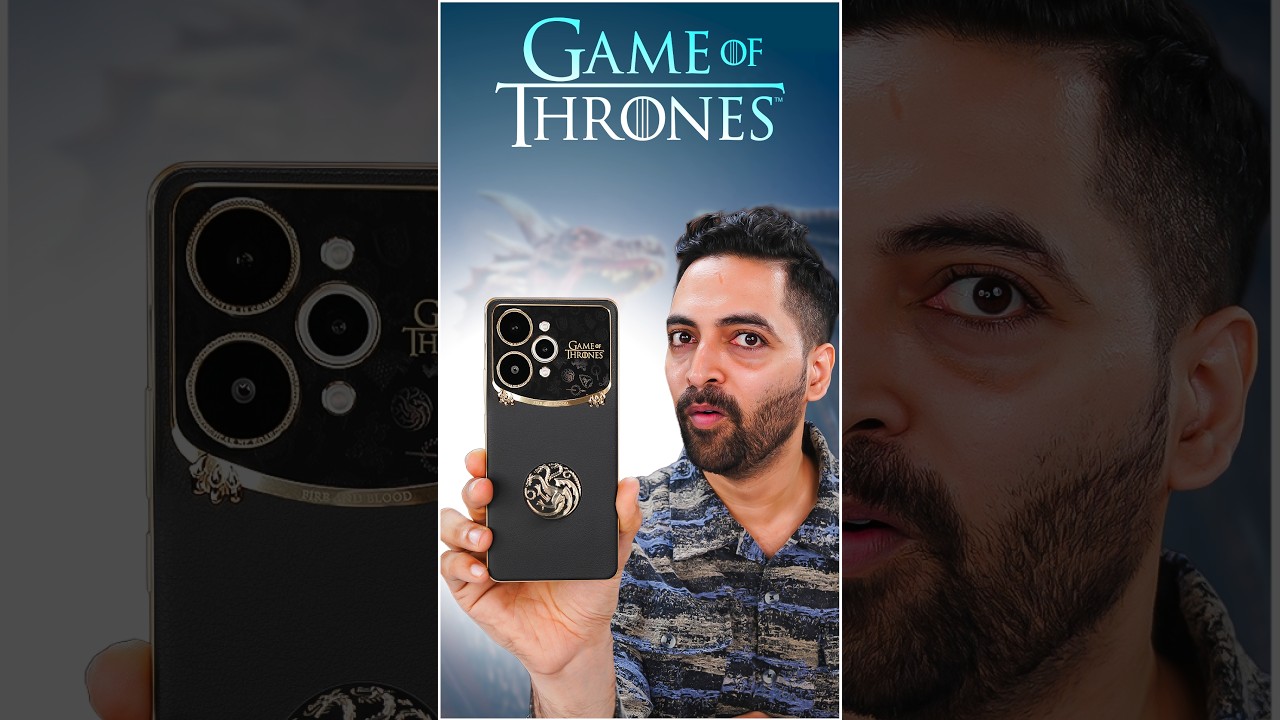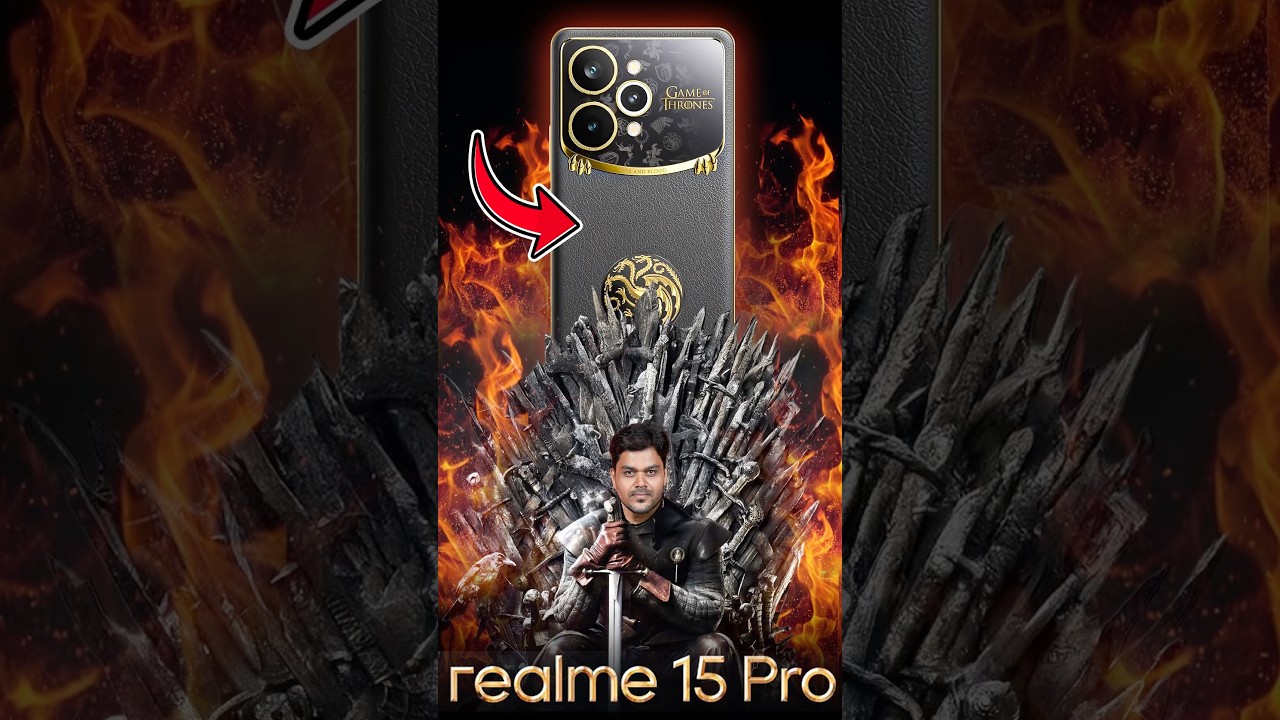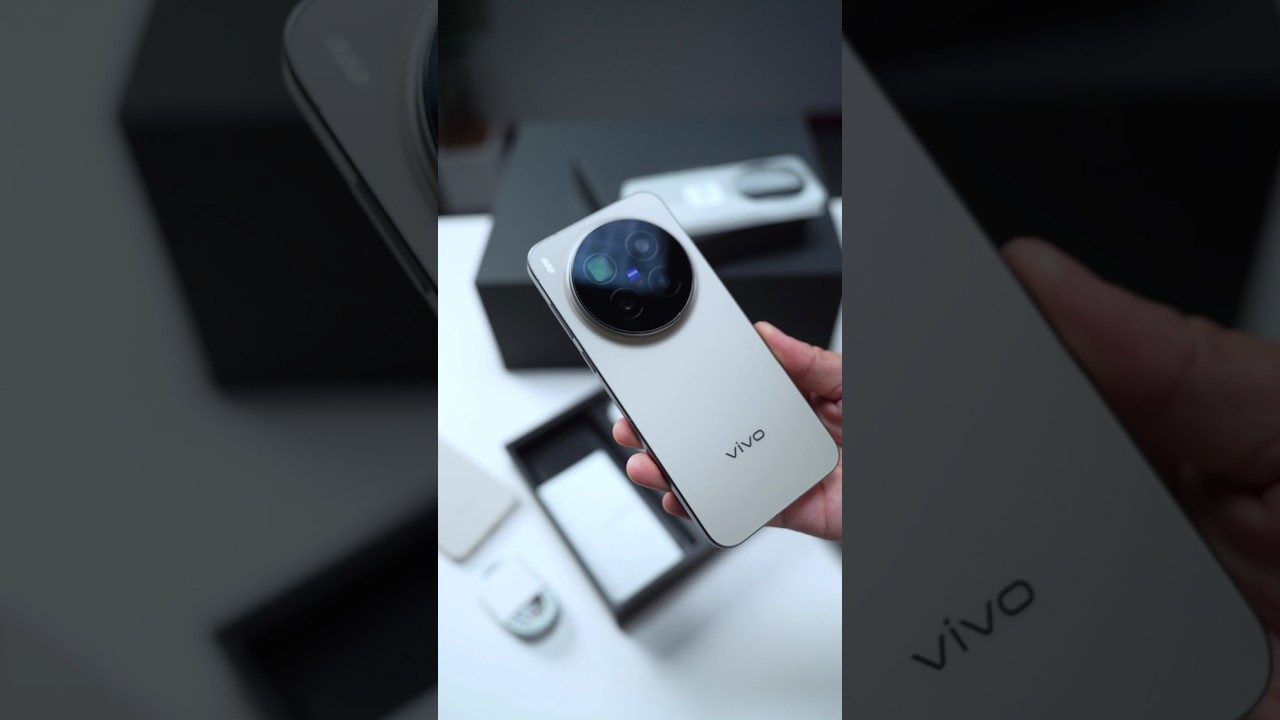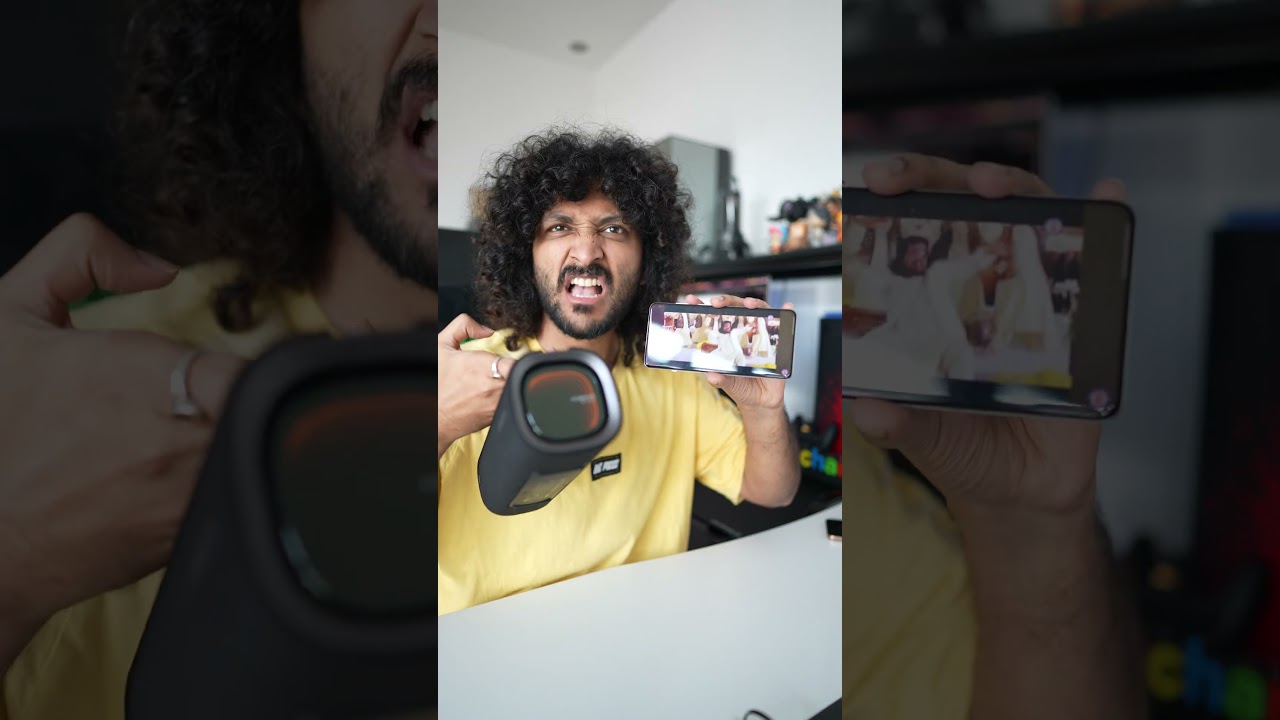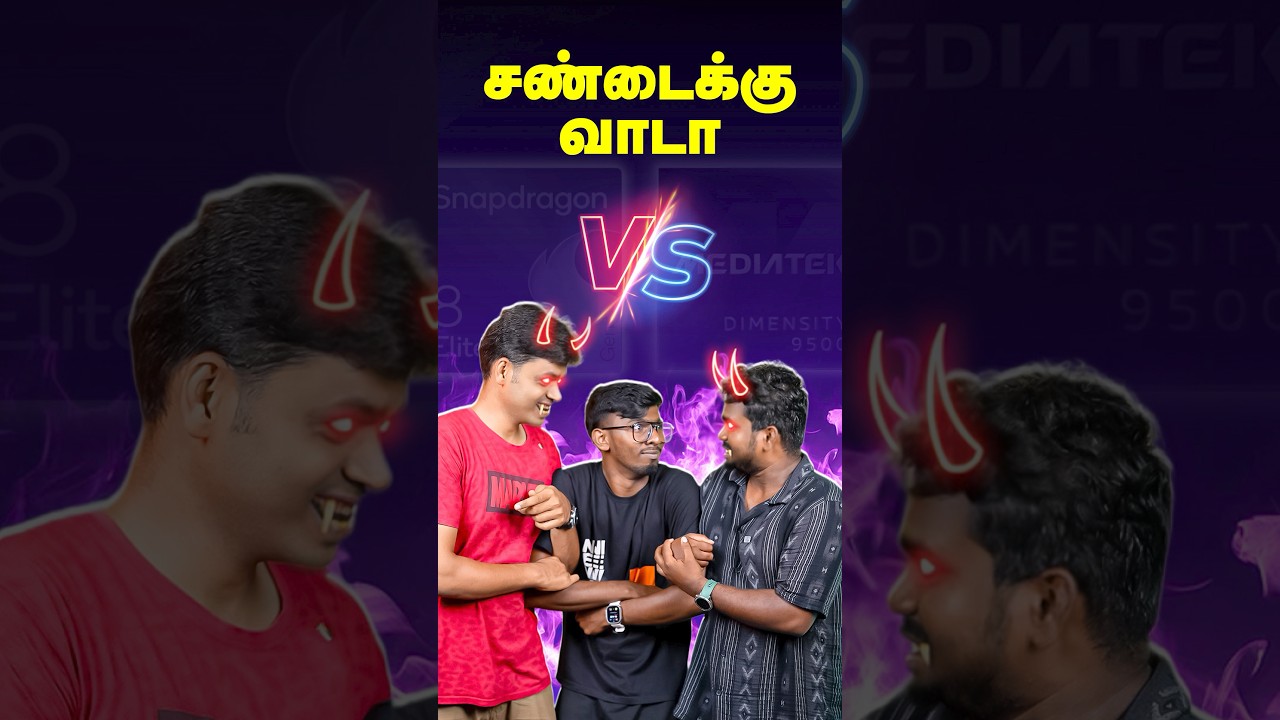Film & Animation
Autos & Vehicles
Music
Pets & Animals
Sports
Gaming
People & Blogs
Comedy
Entertainment
News & Politics
Howto & Style
Science & Technology
India’s Apps Are Worst Of WORST! See This Huge Privacy Issue #shorts
FactTechz
Arattai is a messaging app developed by Zoho Corporation, an Indian tech company. The name “Arattai” means “chat” in Tamil. The app was launched as a homegrown alternative to WhatsApp, especially during times when WhatsApp faced backlash in India over its privacy policy changes.
When it was first released, many users assumed that Arattai would offer the same level of privacy as WhatsApp — particularly end-to-end encryption, which ensures that only the sender and receiver can read the messages. However, Arattai’s privacy policy and technical details revealed that it does not use full end-to-end encryption. Instead, messages are encrypted during transmission, but they can still be accessed by the app’s servers, meaning the company could technically read or store message data if it wanted to.
This has led to public criticism and skepticism. In India, where concerns over data privacy are growing, people are more aware of how apps handle their personal information. Without true end-to-end encryption, users fear that their chats are not completely private or protected from misuse or government access.
In comparison, WhatsApp — despite being owned by Meta (Facebook) — does provide full end-to-end encryption for all personal messages and calls. That means not even WhatsApp itself can read what users send.
Because of this difference, many users see Arattai as a less secure alternative. Critics argue that for a messaging app to compete with global platforms, it must offer the same level of privacy and transparency.
Zoho has said that Arattai is still improving and may add stronger security features in the future, but until it introduces full end-to-end encryption, it will likely continue facing questions and criticism about user privacy.
Subscribe for more educational content and unlock knowledge every day with FactTechz!
When it was first released, many users assumed that Arattai would offer the same level of privacy as WhatsApp — particularly end-to-end encryption, which ensures that only the sender and receiver can read the messages. However, Arattai’s privacy policy and technical details revealed that it does not use full end-to-end encryption. Instead, messages are encrypted during transmission, but they can still be accessed by the app’s servers, meaning the company could technically read or store message data if it wanted to.
This has led to public criticism and skepticism. In India, where concerns over data privacy are growing, people are more aware of how apps handle their personal information. Without true end-to-end encryption, users fear that their chats are not completely private or protected from misuse or government access.
In comparison, WhatsApp — despite being owned by Meta (Facebook) — does provide full end-to-end encryption for all personal messages and calls. That means not even WhatsApp itself can read what users send.
Because of this difference, many users see Arattai as a less secure alternative. Critics argue that for a messaging app to compete with global platforms, it must offer the same level of privacy and transparency.
Zoho has said that Arattai is still improving and may add stronger security features in the future, but until it introduces full end-to-end encryption, it will likely continue facing questions and criticism about user privacy.
Subscribe for more educational content and unlock knowledge every day with FactTechz!
Show more

